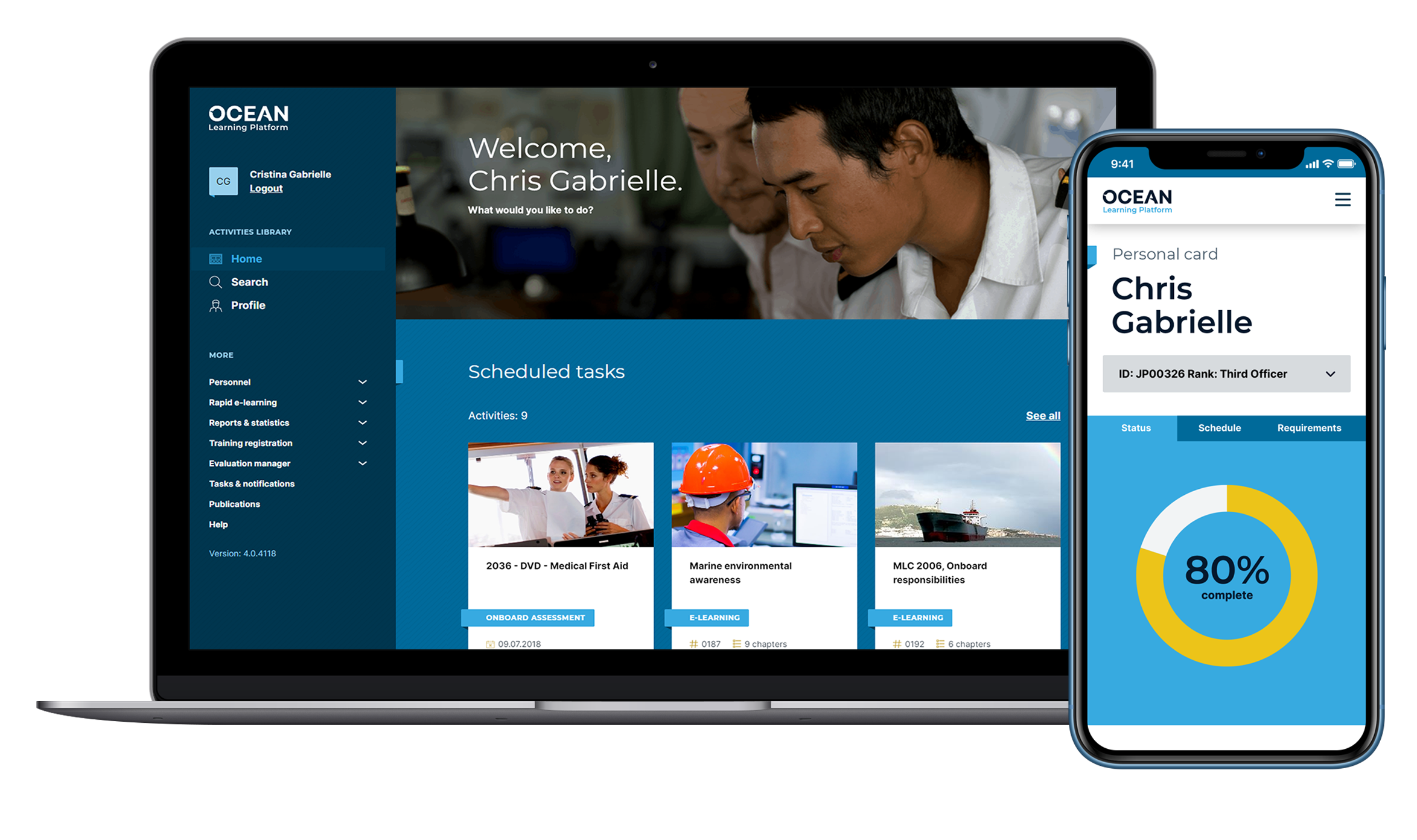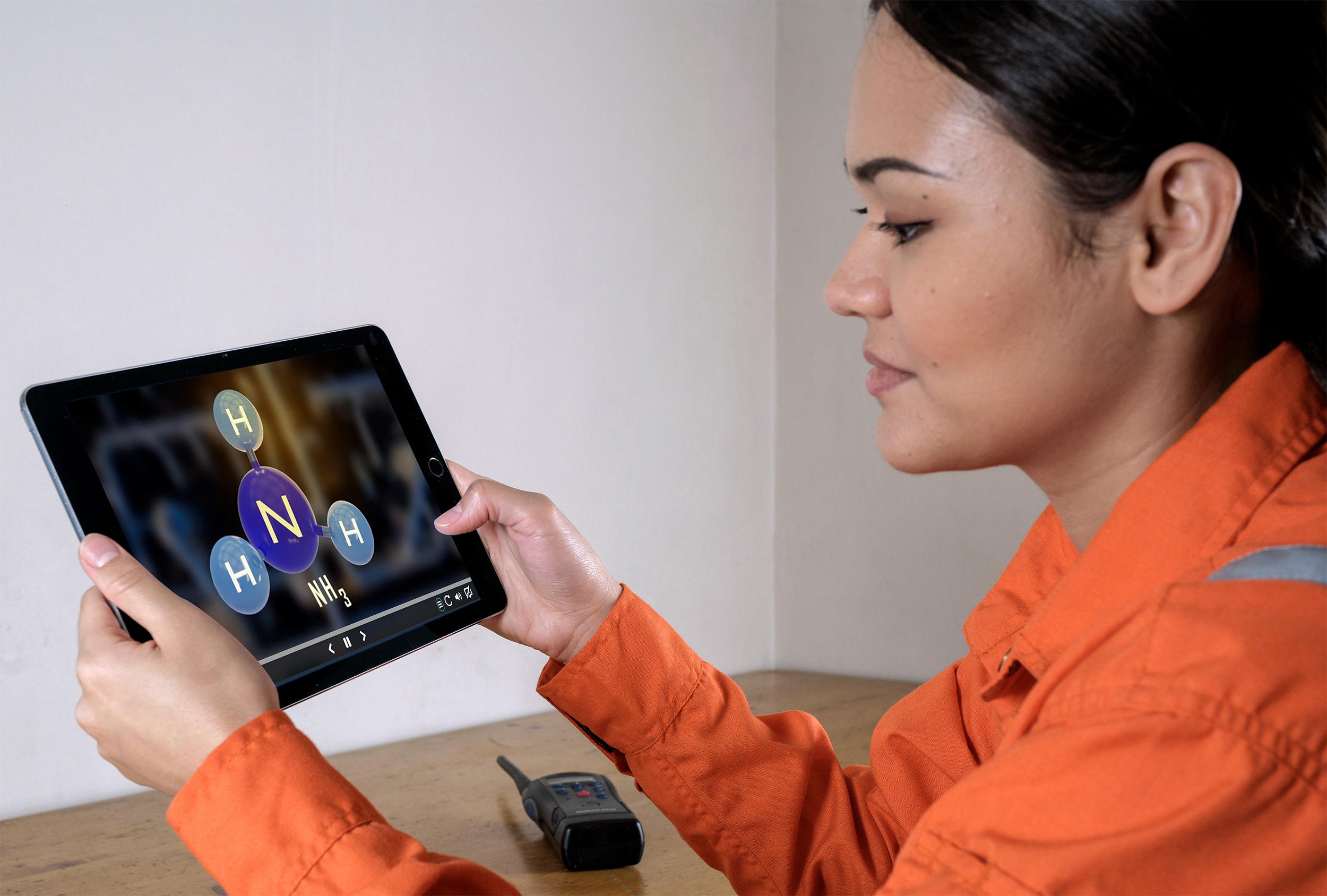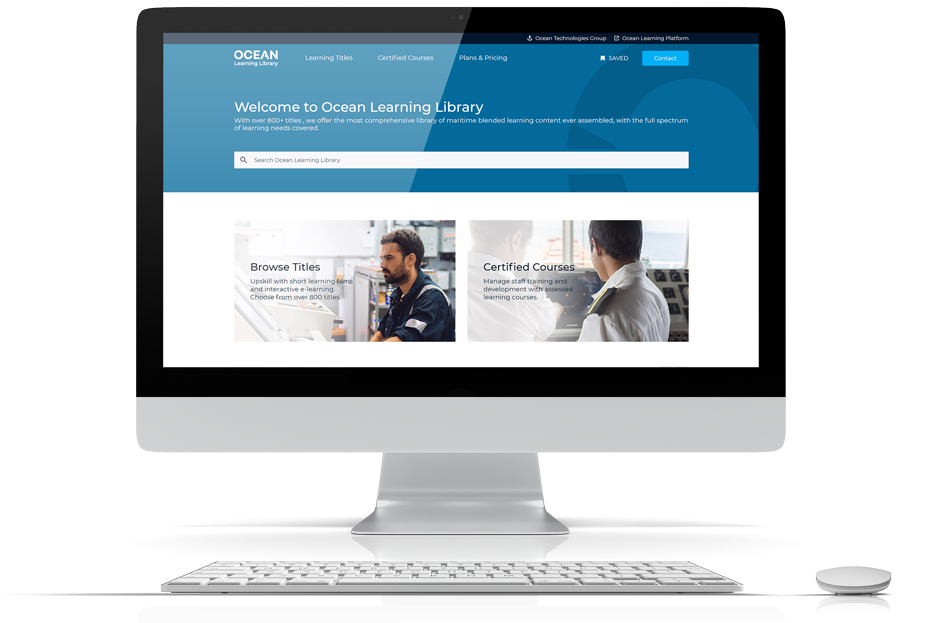Are we ready to embrace Ammonia as a Maritime Fuel?
With the global maritime industry grappling with the urgent need to reduce its carbon footprint, ammonia is quickly emerging as a viable alternative fuel. The impending arrival of the first ammonia-powered vessels by 2025 is a transition that is not without its challenges and complexities. Preparing for this new era requires a concerted effort from all stakeholders, including ship owners, regulators, ports, and maritime professionals. By embracing ammonia, the industry not only aligns with global sustainability goals but also sets a precedent for future innovations in clean energy.
The Advantages of Ammonia as a Maritime Fuel
Ammonia offers several advantages that make it an attractive alternative to traditional hydrocarbon-based fuels:
-
Reduces greenhouse gas emissions: Ammonia does not produce carbon dioxide when used as a fuel, helping to mitigate the maritime industry’s impact on climate change.
-
Sustainable production: Ammonia can be synthesised using renewable energy sources, such as wind, solar, and hydropower, enhancing its sustainability credentials.
The availability and existing infrastructure for ammonia also play a crucial role in its adoption:
-
Widespread industrial use: Ammonia is currently used in various industrial applications, including refrigeration and fertiliser production, providing extensive experience in its handling and transportation.
-
Energy density: Ammonia’s energy density is comparable to traditional fuels, which allows it to meet the energy demands of large vessels. While the overall energy capacity is sufficient, using ammonia as a fuel does require certain modifications to existing ship designs. Specifically, engines need adaptation to run on ammonia, and the engineering sections must be sealed for safety.
Contact us to preview our Ammonia Fuel Safety Learning!
Contact us to preview our Ammonia Fuel Safety Learninge!
Safety Challenges and Considerations
Despite its many advantages, using ammonia as a fuel presents several safety challenges that must be carefully addressed.
-
Ammonia is highly toxic and can pose serious health risks if inhaled or if it comes into contact with skin.
-
It is also flammable, burning with a flame which can be nearly invisible in bright daylight, raising new considerations about fire hazards and firefighting procedures onboard ammonia-fuelled vessels. These risks require the development of strong safety protocols, trained seafarers, and strict handling procedures.
-
Storing and transporting ammonia requires specialised equipment and facilities to prevent leaks and accidental releases. Ensuring the integrity of storage tanks, pipelines, and refuelling stations is crucial for maintaining safety standards. Additionally, vessels must be equipped with advanced detection systems to monitor ammonia levels and alert crew members to any potential leaks or hazards.
-
The environmental impact of ammonia spills is another consideration. Ammonia is harmful to marine life and can cause significant ecological damage if released into the ocean. Therefore, comprehensive emergency response plans and spill containment measures are essential to mitigate the potential environmental risks associated with using ammonia as a fuel.


Request a Demo of OLP to start training your crew on ammonia fuel safety!
Preparing for Ammonia-Powered Vessels
The successful integration of ammonia-powered vessels into the global fleet depends on thorough preparation and rigorous training. Crew members must have the knowledge and skills necessary to handle ammonia safely and effectively. This includes specialised training programs, such as e-learning modules on the go. covering various aspects of ammonia handling, such as leak detection, fire suppression, and emergency response.
Training crew on industry guidelines, best practices and established protocols, will enable them to minimise the risks associated with ammonia and ensure a safe working environment. Certification programs and ongoing professional development will be crucial in maintaining high safety standards and keeping crew members up-to-date with the latest advancements in ammonia technology.
Collaborative Efforts and Industry Engagement
The move to ammonia as a maritime fuel requires a collaborative approach involving various stakeholders, including maritime organisations, safety institutes, regulatory bodies and of course seafarers. Industry groups such as The Nautical Institute and the Just Transition Task Force are leading efforts to develop safety protocols and best practices for ammonia fuel.
The International Maritime Organisation (IMO) is expected to release interim guidelines that will provide a framework for the safe integration of ammonia into maritime operations. These guidelines will be essential in shaping industry standards and ensuring a coordinated approach to adopting ammonia as a fuel. By working together, industry stakeholders can share knowledge, resources, and expertise to overcome the challenges associated with ammonia and move towards a sustainable future.
As a nascent technology, with industry standards for safe operation yet to be established, owners and managers preparing to bring ammonia-fuelled vessels into their fleets are looking to their training providers to support the safe adoption of ammonia. These providers must take a proactive role in establishing standards that align with ongoing legislative efforts. By doing so, they ensure that the knowledge and best practices imparted to crew members are of the highest quality and future-ready, facilitating the safe and efficient adoption of ammonia as a marine fuel.
Collaboration also extends to research and development efforts aimed at improving ammonia fuel technologies and safety measures. Continued investment in R&D will be essential for advancing the efficiency and reliability of ammonia propulsion systems, as well as improving safety protocols and environmental safeguards.
Looking Ahead
Ammonia’s adoption as a maritime fuel is a step forward in the industry’s pursuit of sustainability. By reducing greenhouse gas emissions and decreasing reliance on fossil fuels, ammonia has the potential to transform the maritime sector and contribute to global climate goals. However, achieving this potential will require ongoing commitment and innovation.
Research and development efforts must continue to focus on improving ammonia fuel technologies and addressing safety challenges. This includes developing more efficient engines, enhancing storage and handling systems, and refining safety protocols. By staying at the forefront of technological advancements, the maritime industry can ensure that ammonia remains a viable and competitive alternative fuel option.
Industry stakeholders must also stay vigilant and proactive in keeping up with the latest developments and training and retaining skilled seafarers including onshore personnel. Continuous learning and adaptation will be key to managing the complexities of ammonia fuel and ensuring a successful transition. By developing a culture of safety and sustainability, the maritime industry can lead the way in adopting clean energy solutions and set a positive example for other sectors.
Discover our Ammonia Safety course

The maritime industry’s best e-learning content
Unparalleled breadth and quality of content. We offer the most comprehensive library of maritime blended learning content ever assembled.

